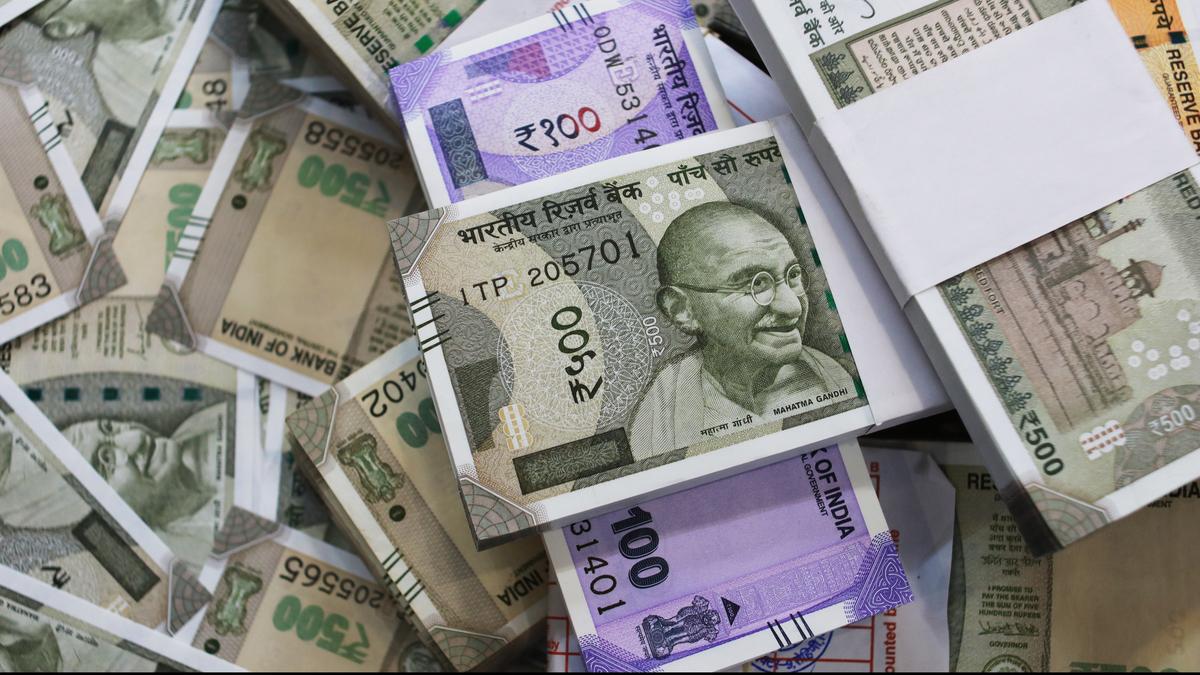The Government had announced the formation of the 8th CPC in January 2025 to examine and recommend changes in the salaries and other benefits of central government employees. Image for representation only.
| Photo Credit: Getty Images/iStockphoto
The Union Cabinet has approved the Terms of Reference of the 8th Central Pay Commission (CPC), the body in charge of deciding the pay structure and retirement benefits of central government employees, the government announced on Tuesday (October 28, 2025).
The Government had announced the formation of the 8th CPC in January 2025 to examine and recommend changes in the salaries and other benefits of central government employees.
“As you know, the in-principle approval for the formation of the 8th Central Pay Commission was granted only recently in January, and within a short span, the commission has now been formally constituted,” Union Minister Ashwini Vaishnaw said during the press conference announcing the Union Cabinet’s decisions. “This is a major step that involves extensive consultations. Several ministries with large numbers of central government employees, such as Defence, Home, Railways, and the Department of Personnel and Training (DoPT), were part of the process.”
Also Read | Centre seeks inputs from States, central ministries on 8th Pay Commission
The Commission will comprise one chairperson, one part-time member and one member-secretary. It will make its recommendations within 18 months of the date of its constitution. Justice Ranjana Prakash Desai will act as the chairperson. Professor Pulak Ghosh of the Indian Institute of Management Bangalore has been appointed as a part-time member, while Petroleum Secretary Pankaj Jain will serve as the member-secretary.
”There are about 50 lakh central government employees, and consultations were also held with many state governments, most of which extended their cooperation,” Mr. Vaishnaw added.
According to the government, the 8th CPC would have to keep several factors in mind while coming up with its recommendations.
These include the economic conditions in the country and the need for fiscal prudence, the need to ensure that adequate resources are available for developmental expenditure and welfare measures, the unfunded cost of non-contributory pension schemes, the impact of its recommendations on state finances, as well as the current emolument structure, benefits and working conditions of employees of central public sector undertakings and the private sector.
The 8th CPC can also, if it deems it necessary, send interim reports on any of the issues under its purview as and when the recommendations are finalised.
Published – October 28, 2025 03:37 pm IST





